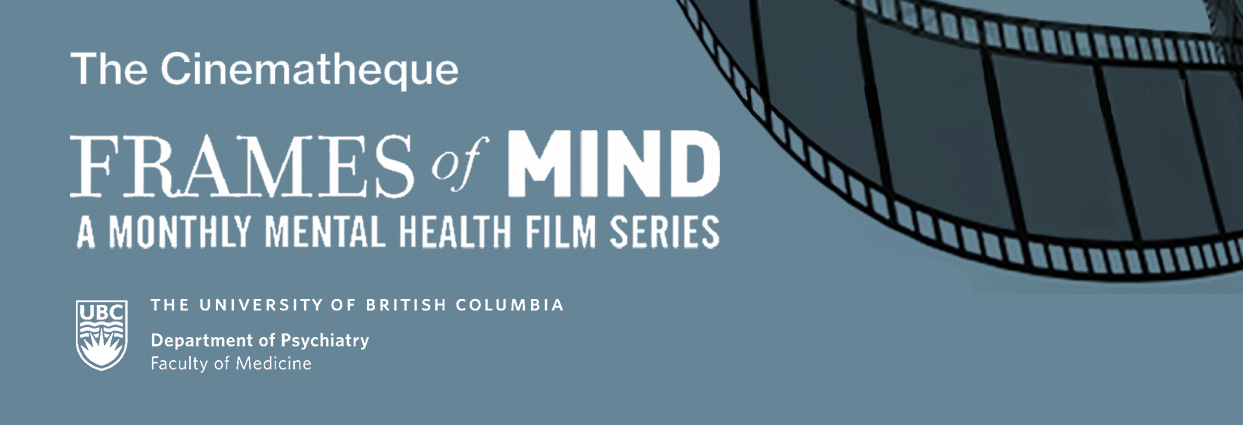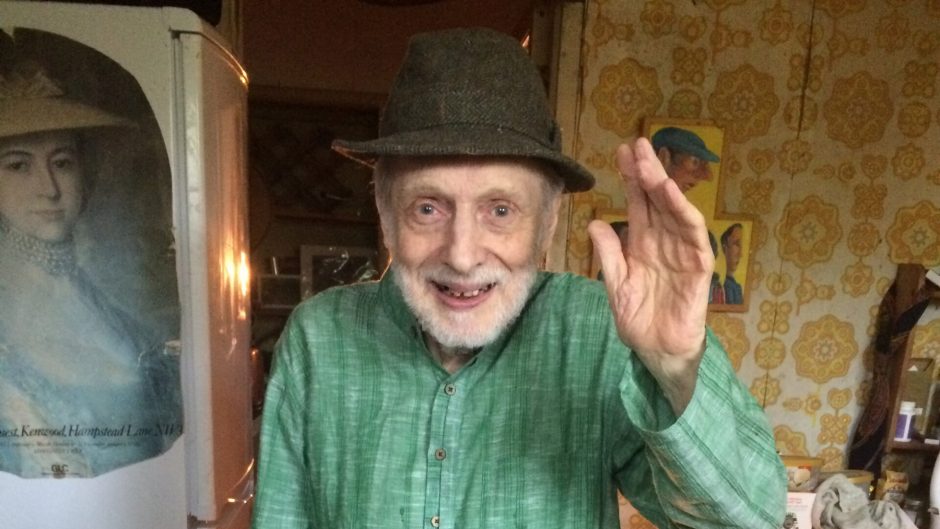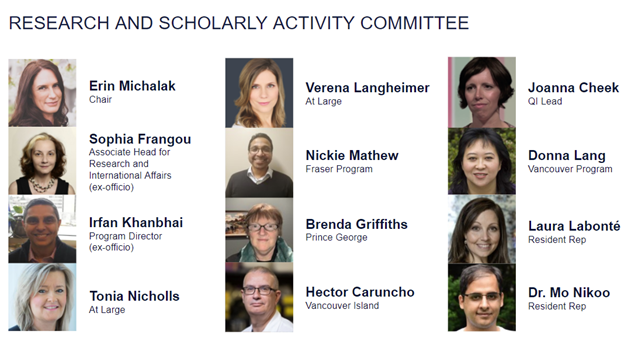Don’t Get FISHED by Emails
Email phishing is a type of fraud where scammers pretend to be trustworthy sources to obtain personal information or take advantage of victims. Here are some quick tips to protect yourself and your data.
- Double check the sender’s address: Fraudsters will use email addresses that appear similar. ie. @UBCedu.ca, @helpUBC.com, @UBCmail.ca
- Avoid clicking on links from emails that you’re not expecting. They want to redirect you to a compromised website
- Never send sensitive information over email or text.
And it’s not limited to email based attacks. There has been a rise in SMS text based phishing as well. Many fraudsters are disguising as shipping couriers and banks in an attempt to trick you into clicking on the link in order to steal credit card info and other personal data.
If you believe you’ve fallen for a phishing email, and your password has been compromised, IMMEDIATELY change your password and notify UBC Information Security team at Security@ubc.ca and PSYCH IT at Psychiatry.IT@ubc.ca.
Here are some links below for tips and info about phishing prevention.
(Don’t worry, these links are legitimate😀)
https://privacymatters.ubc.ca/phishing-emails
https://privacymatters.ubc.ca/spear-phishing
https://www.getcybersafe.gc.ca/en/phishing
*ATTN* Please save and close any documents located in your mapped drives before the end of Friday Nov 17. Server update and reboot is planned for Friday evening.
Tip of the week: Manage Mail Box
Getting warnings that you’re running low on mailbox space? The more email you send and receive, the larger your Outlook mailbox can grow. Large mailboxes can take longer to open and search, and many email providers, including Microsoft 365, limit the maximum size of your mailbox. If you receive a message that your mailbox is over its size limit, deleting messages and folders can help. Mailbox Cleanup function in the Outlook app is a one-stop-clean-up tool you can use to trim the size of your mailbox. Follow the link here for information on how to reduce your mailbox size.
*Reminder* Another round of patches is being pushed down over the weekend. Please ensure to REBOOT your PCs at the end of your workday.
Tip of the week: Beware of “Spoofed” Web Pages
A common phishing tactic is providing a link that “spoofs” or imitates a legitimate company’s web page. For example, a cybercriminal may claim to be from Google or Microsoft and ask you to enter information on a particular form. This form will look virtually identical to the real thing, but it could be a place to share sensitive information with the criminal. If you’re unsure, please reach out to Psych IT or UBC IT for further assistance.
For more information you may visit the UBC cybersecurity page.
Learn How to Sign Out from Your Google Account on All Devices
If you have a Google account, this tip is for you. If you’re concerned about unauthorized access to your Gmail account, due to forgetting to log out from a shared computer or noticing suspicious activity, there’s an easy solution. There is a page that lets you see what devices have activity on the account and how to sign those devices out of the account.
Google support has the full instructions here. But here are the quick steps:
- Open Gmail.
- In the top right, click your photo.
- Click ‘Manage your Google Account’.
- Click ‘Security’ on the left panel.
- Under ‘Your devices’, click ‘Manage all devices’.
- Choose a device.
- Click Sign out.
*Reminder* Please reboot your computers before leaving for the weekend. Our monitors are still showing multiple devices that require a restart for patching to complete. If you have any questions, please feel free to reach out to PSYT IT.
Tip of the week: How to manage your desktop using Windows snapping feature
The Snap feature is a great way to improve your productivity by sharing many app windows on a single screen. Different layouts are available with many sizes to choose from, so you can get the most from your favourite apps when you are working on specific tasks. Follow this link to learn more about this feature.
Sincerely,
Simon Chong
Computer Systems Manager
Medicine | Psychiatry | Psychiatry IT
The University of British Columbia | Vancouver Campus | Musqueam Traditional Territory
2C1 – 2255 Wesbrook Mall | Vancouver British Columbia | V6T 2A1 Canada
psychiatry.it@ubc.ca
http://psychiatry.ubc.ca
The UBC Department of Psychiatry Administration Office respectfully acknowledges the land on which we live, work and play is the traditional, ancestral, and unceded territories of the Coast Salish Peoples, the xʷməθkʷəy̓əm (Musqueam), Skwxwú7mesh (Squamish), and Səlilwətaɬ (Tsleil-waututh).








